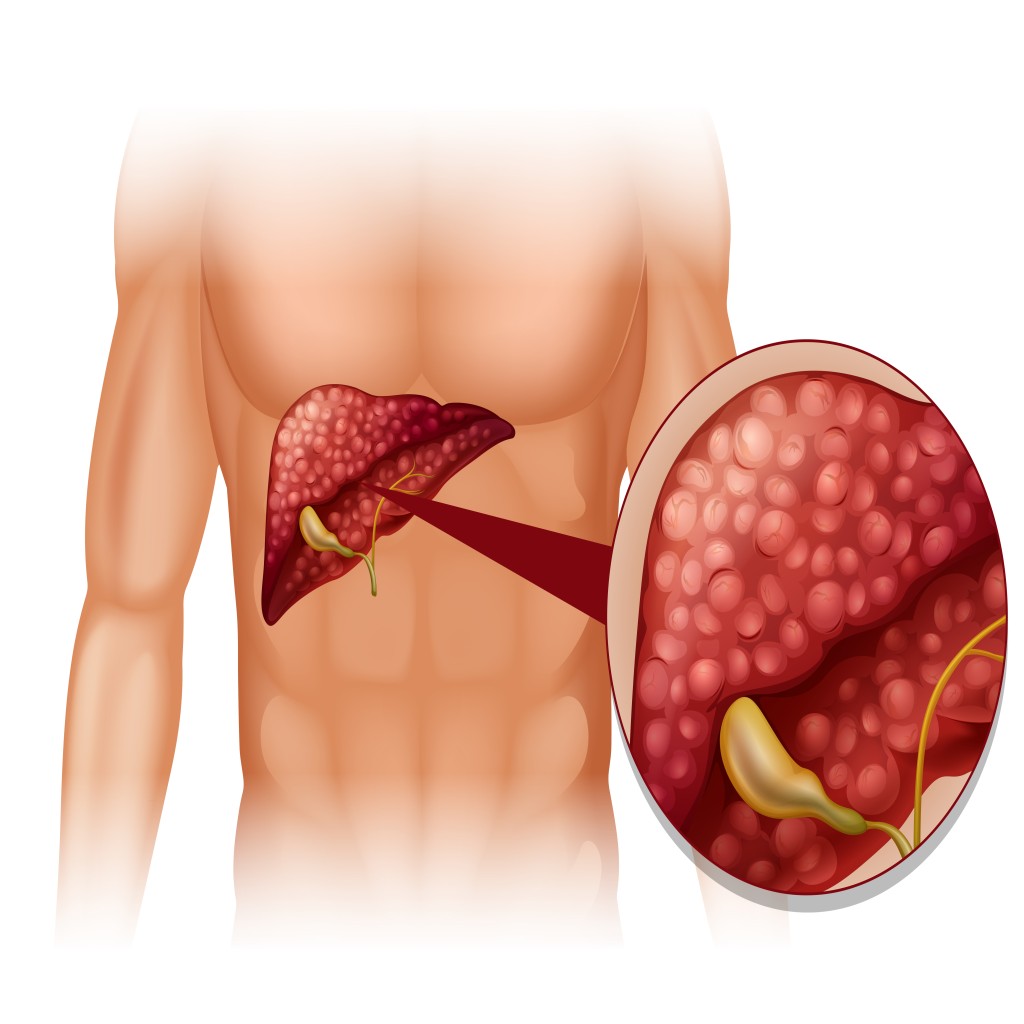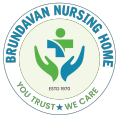Cholecystitis

Cholecystitis is a medical condition characterized by inflammation of the gallbladder, which is often caused by gallstones blocking the cystic duct or by infection. At Brundavan Nursing Home, we recognize the importance of prompt diagnosis and treatment of cholecystitis to alleviate symptoms, prevent complications, and promote recovery. Our approach to cholecystitis involves comprehensive evaluation, medical management, and surgical intervention when necessary to ensure the best possible outcomes for our patients.
Clinical Evaluation: We begin by conducting a thorough clinical evaluation to assess the patient’s symptoms, medical history, and physical examination findings. Common symptoms of cholecystitis include right upper quadrant abdominal pain, typically after eating fatty or greasy foods, nausea, vomiting, fever, chills, and jaundice. Our healthcare providers carefully evaluate these symptoms to determine the likelihood of cholecystitis and rule out other potential causes of abdominal pain.
Diagnostic Imaging: In cases where the diagnosis of cholecystitis is uncertain or additional information is needed, we may perform diagnostic imaging studies such as abdominal ultrasound or CT scan. These imaging tests help visualize the gallbladder, identify gallstones or signs of inflammation, and confirm the diagnosis of cholecystitis.
Medical Management:
- Pain Management: We prioritize pain management for patients with cholecystitis to alleviate discomfort and improve quality of life. We offer analgesic medications, such as nonsteroidal anti-inflammatory drugs (NSAIDs) or opioids, to relieve abdominal pain and minimize discomfort.
- Antibiotic Therapy: In cases of acute cholecystitis with signs of infection, we prescribe antibiotic therapy to reduce inflammation and treat bacterial infection. Antibiotics are typically administered intravenously and may be adjusted based on culture and sensitivity results.
- Nasogastric Tube Decompression: In severe cases of cholecystitis with significant abdominal distention or vomiting, we may insert a nasogastric tube to decompress the stomach and relieve symptoms.
Surgical Intervention:
- Cholecystectomy: The definitive treatment for cholecystitis is surgical removal of the gallbladder, known as cholecystectomy. We offer laparoscopic cholecystectomy, a minimally invasive surgical approach that involves making small incisions in the abdomen and using specialized instruments to remove the gallbladder. Laparoscopic cholecystectomy offers advantages such as shorter hospital stays, faster recovery times, and reduced postoperative pain compared to open surgery.
- Open Cholecystectomy: In certain cases, such as severe inflammation, scarring, or anatomical variations, open cholecystectomy may be necessary. Open cholecystectomy involves making a larger incision in the abdomen to access and remove the gallbladder. This approach may be preferred for complex cases or when laparoscopic surgery is not feasible.
Postoperative Care: After cholecystectomy, we provide comprehensive postoperative care and support to facilitate recovery and healing. This may include monitoring vital signs, managing pain, providing wound care instructions, encouraging early ambulation, and prescribing dietary modifications to minimize discomfort and promote digestion.
Complications Management: Although cholecystectomy is generally safe, complications such as bleeding, infection, bile duct injury, or bile leakage can occur. Our surgical team is trained to recognize and manage potential complications promptly, ensuring optimal outcomes for our patients.
Long-term Management: Following cholecystectomy, we offer long-term management and follow-up care to address any concerns, monitor for potential complications, and provide guidance on dietary modifications, lifestyle changes, and preventive measures to reduce the risk of recurrent gallstones or digestive issues.
At Brundavan Nursing Home, we are committed to providing timely, compassionate, and evidence-based care for patients with cholecystitis. Our multidisciplinary team of surgeons, anesthesiologists, nurses, and support staff work collaboratively to deliver safe, effective, and personalized treatment, ensuring that patients receive the highest standards of care and support throughout their cholecystitis journey.
